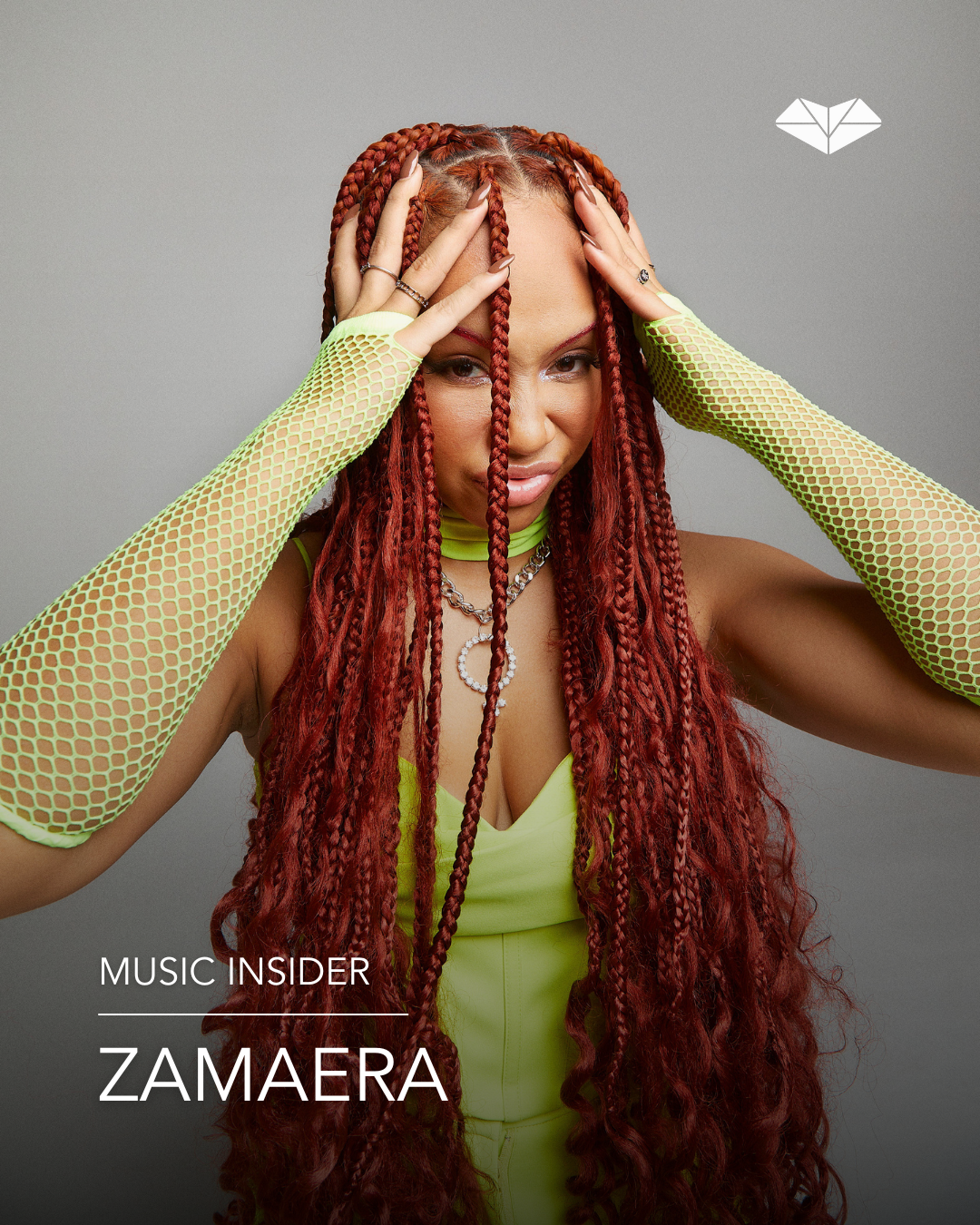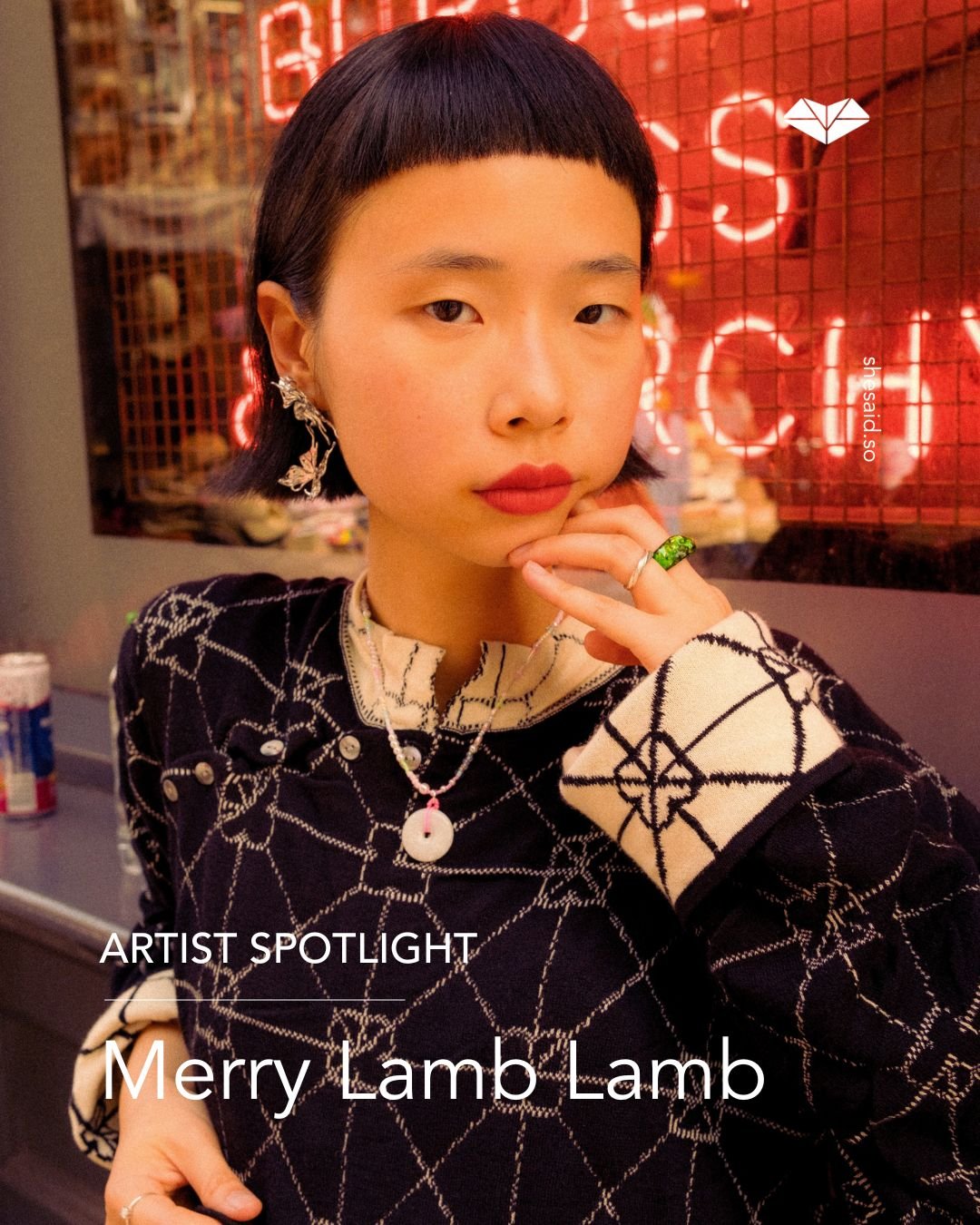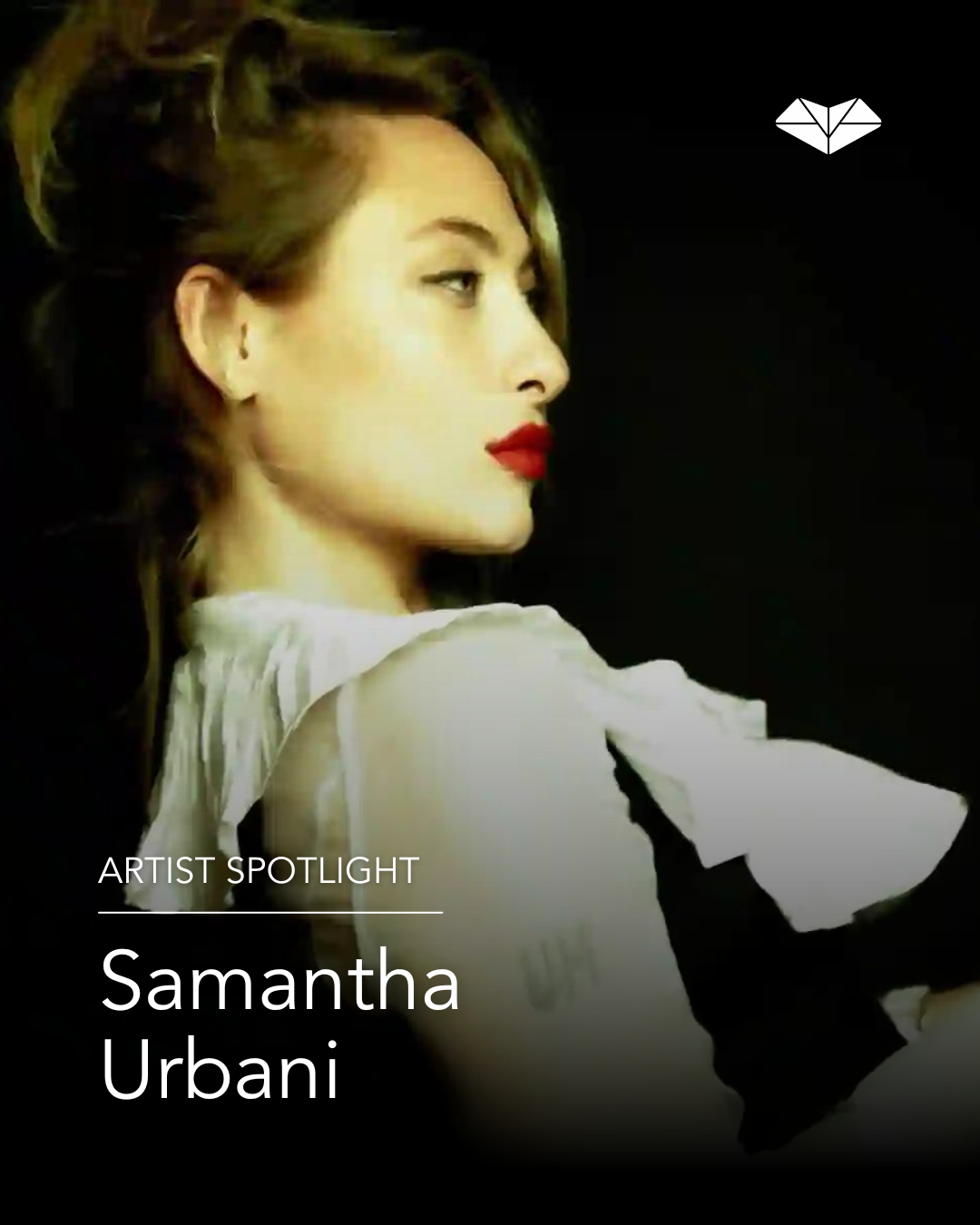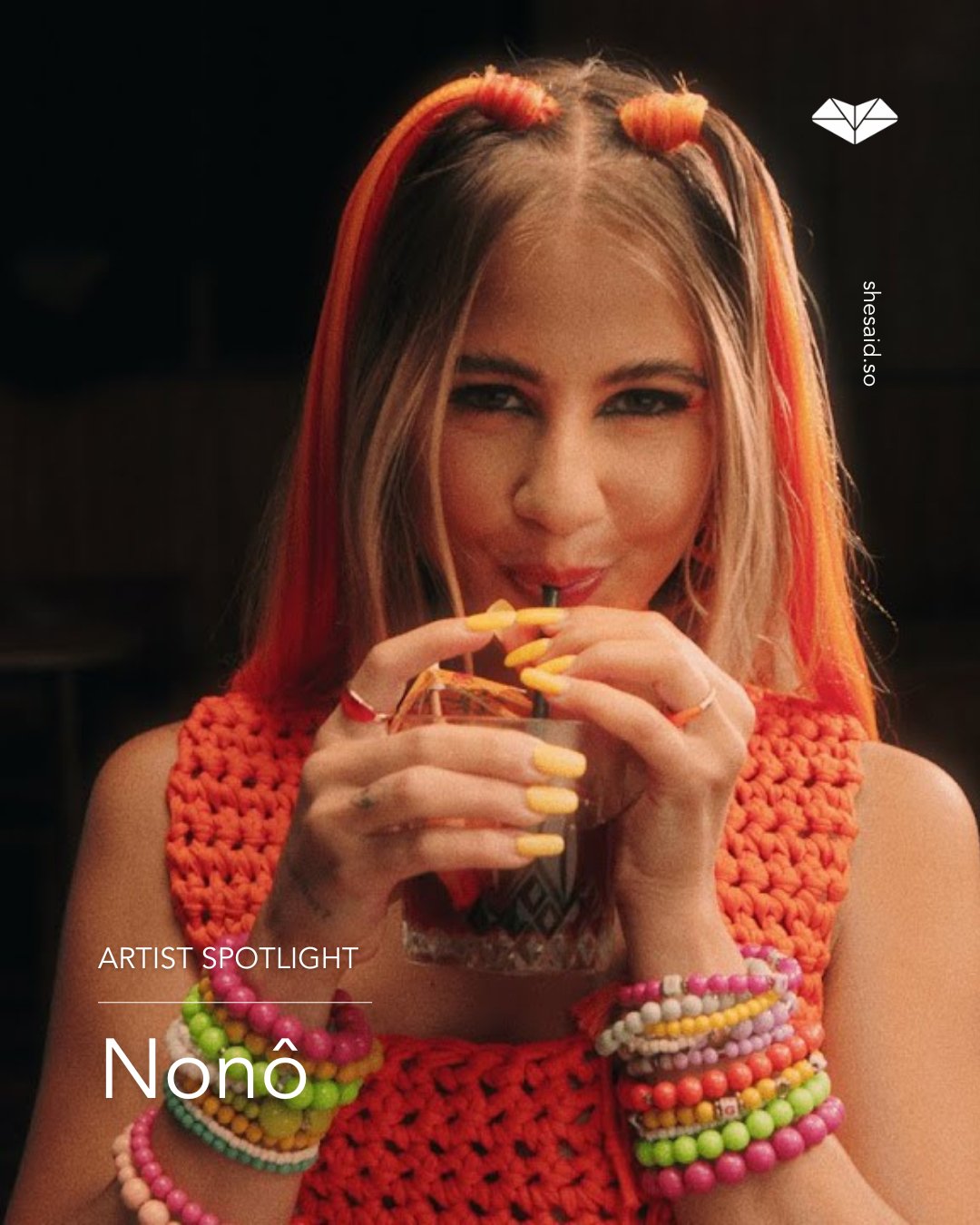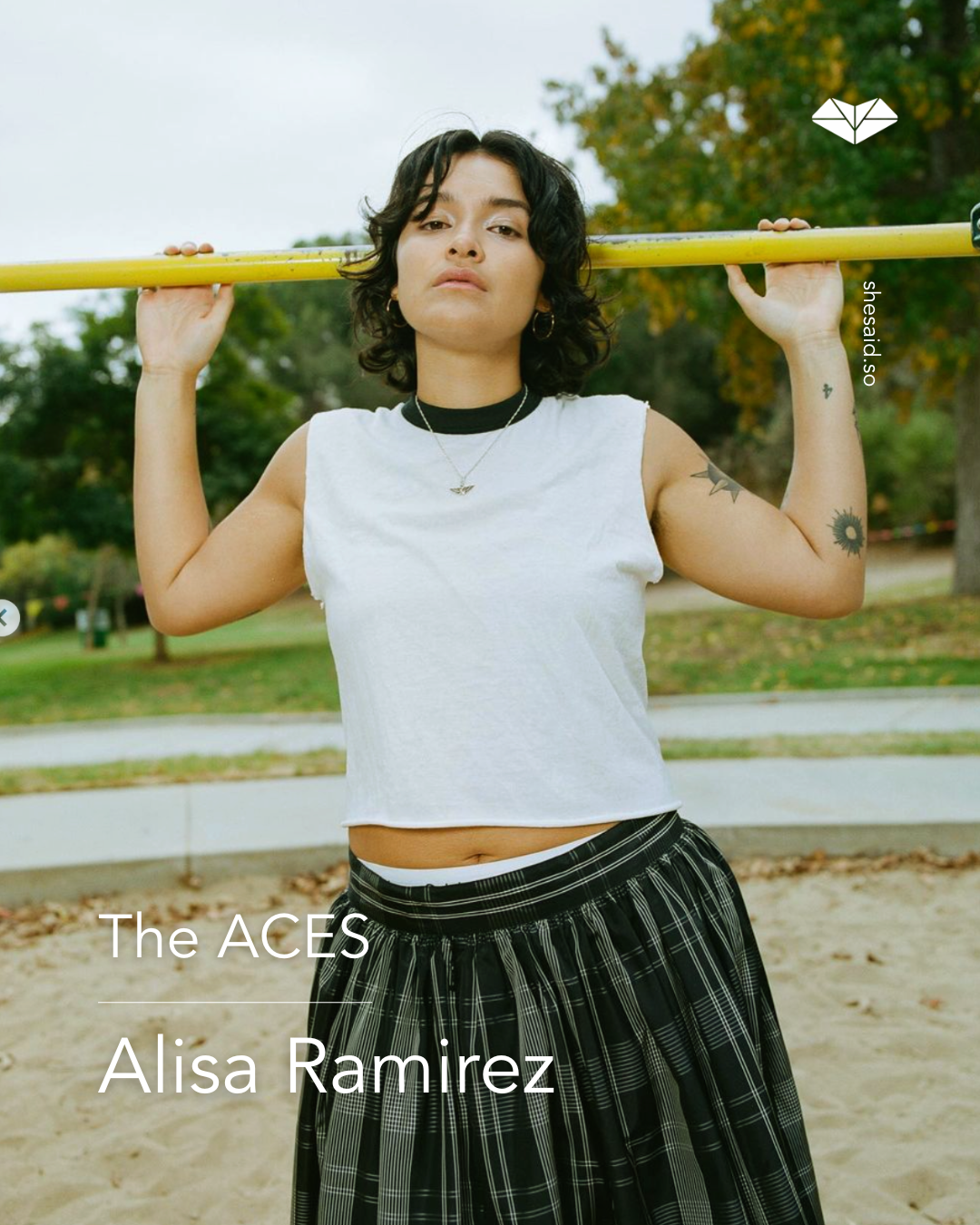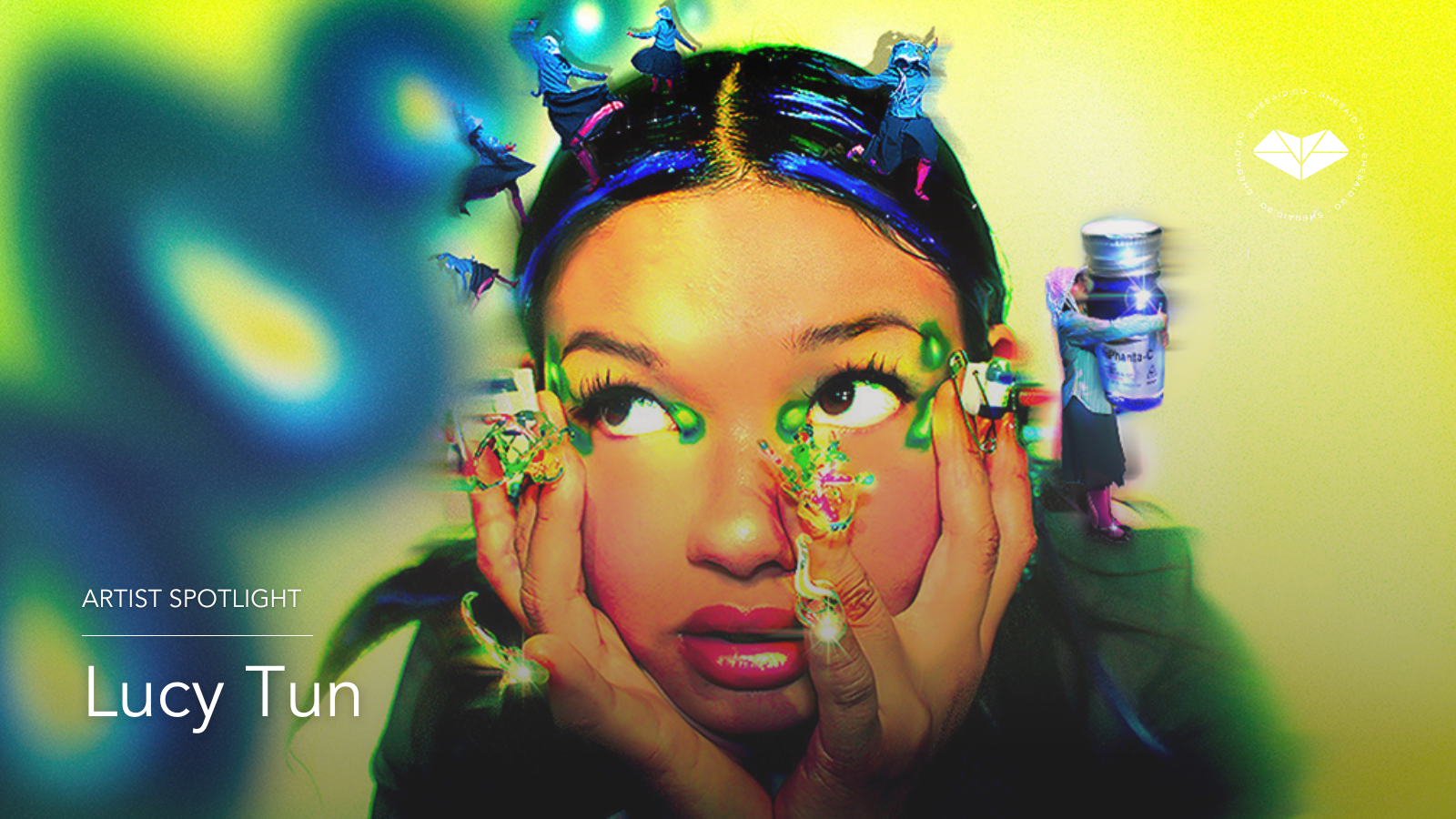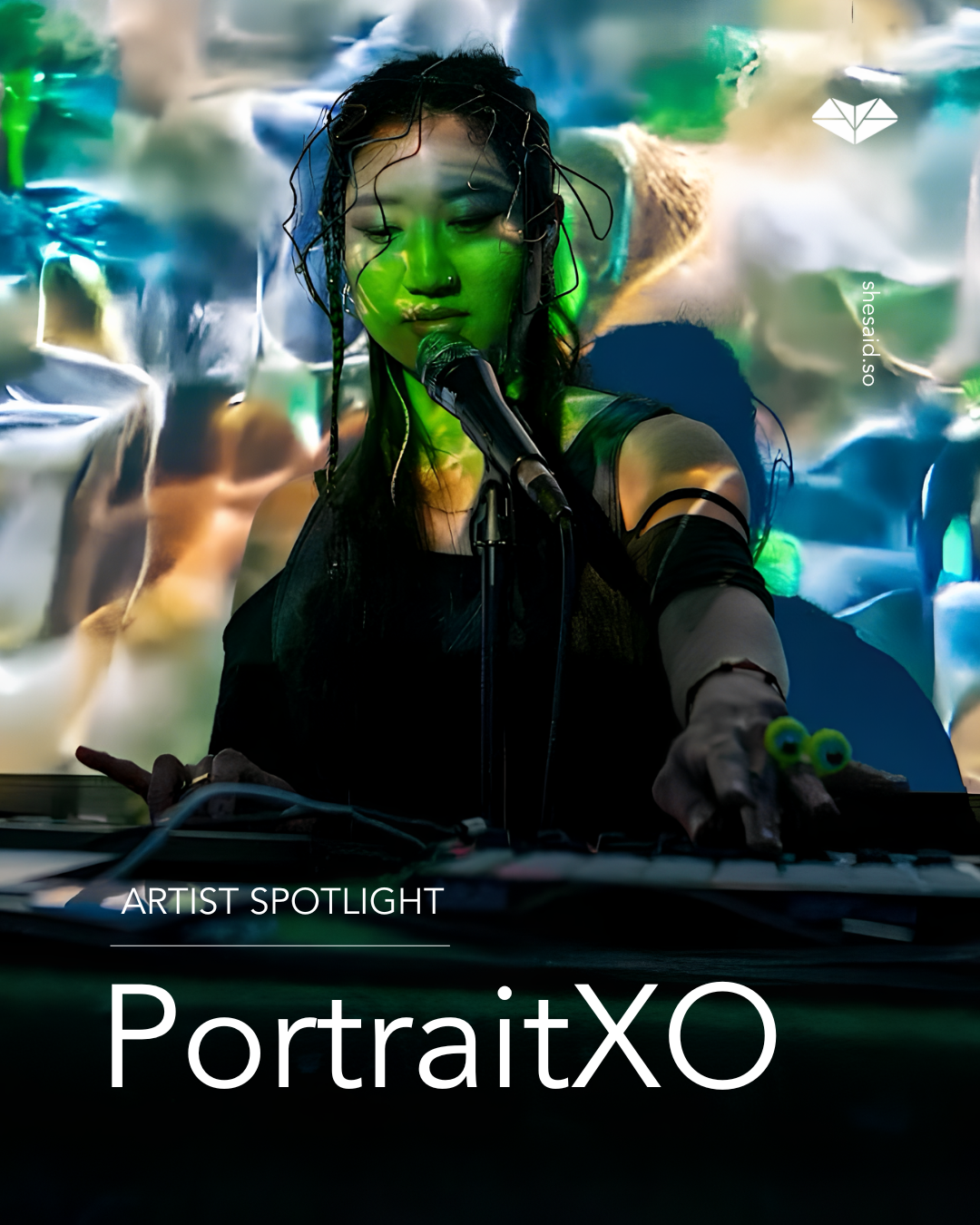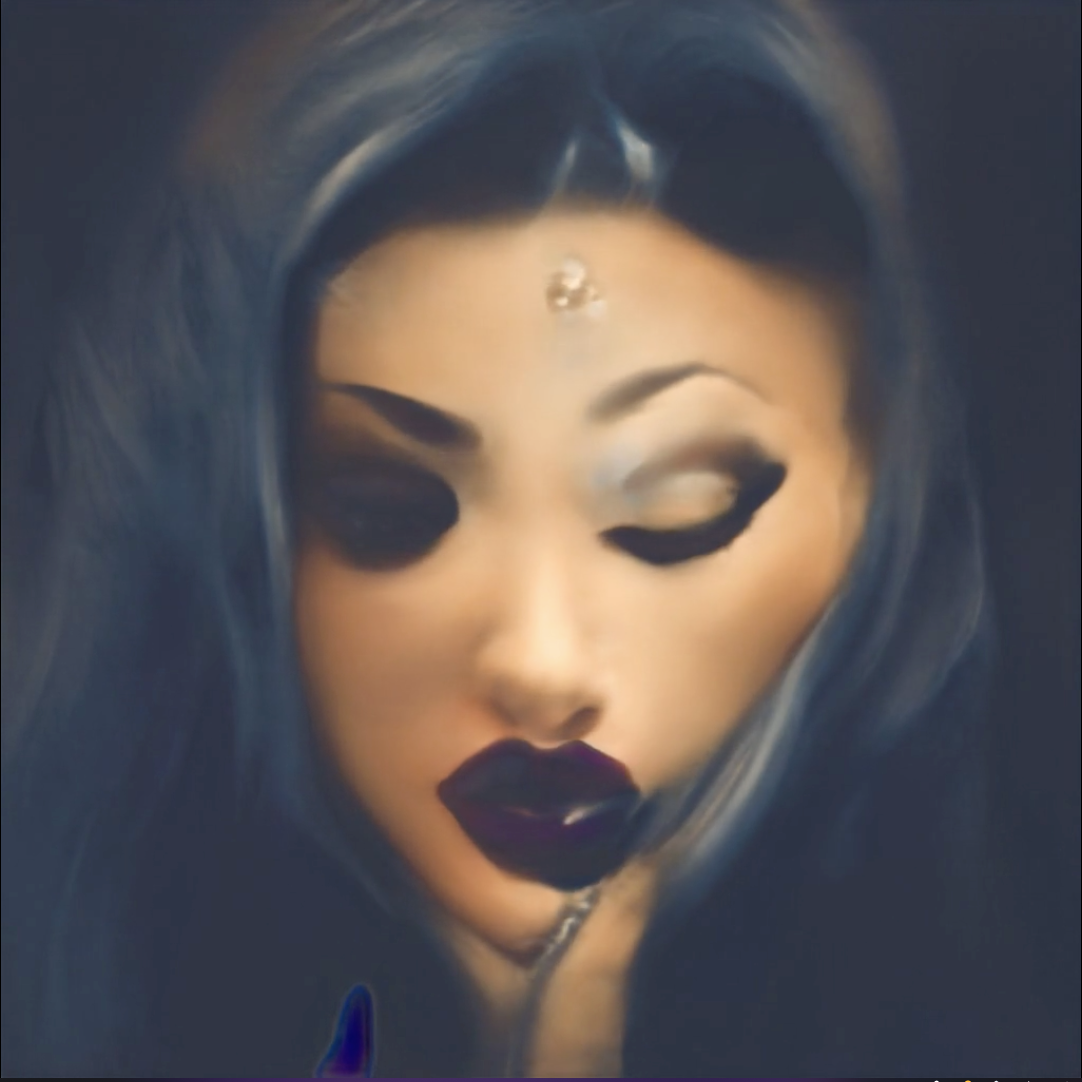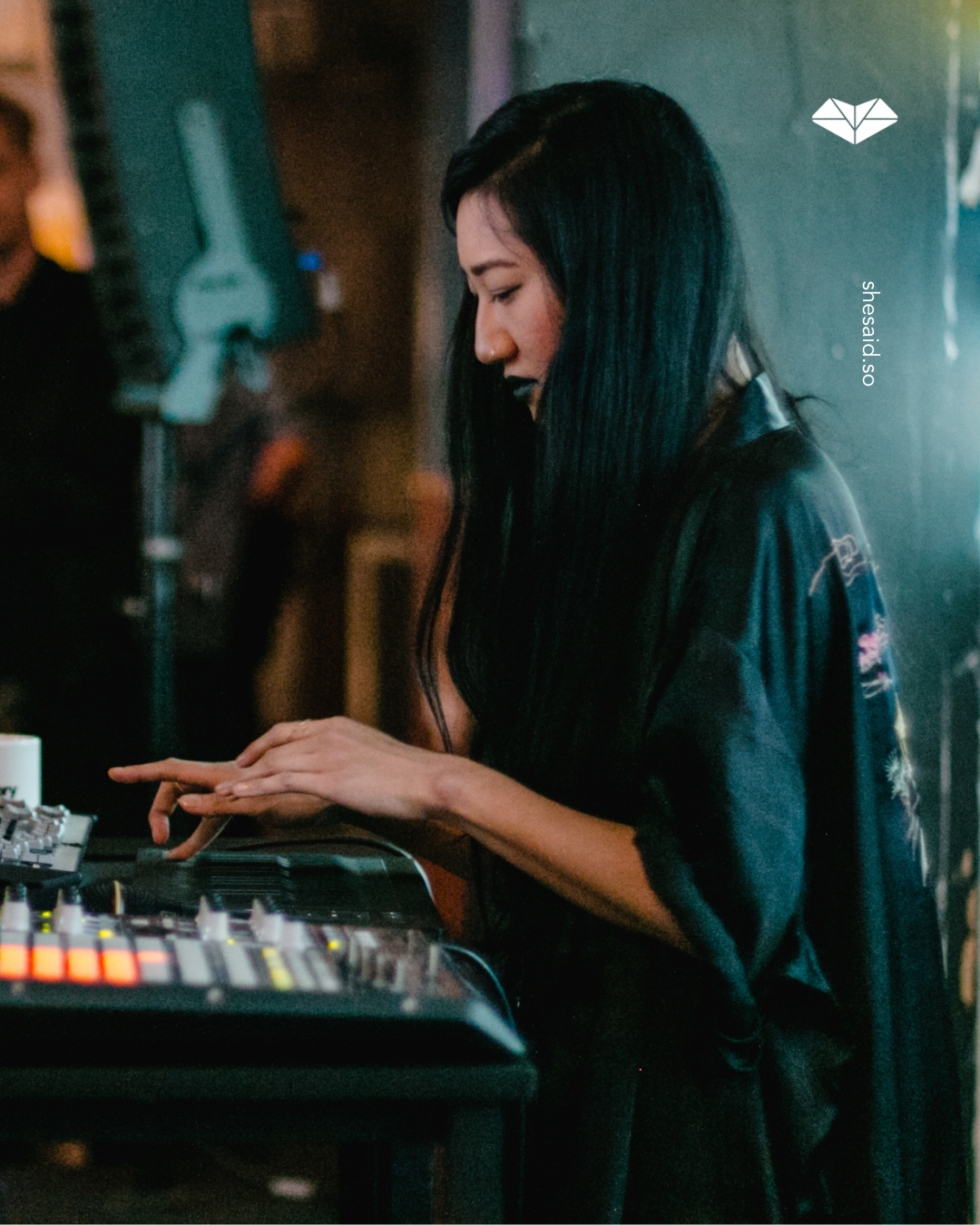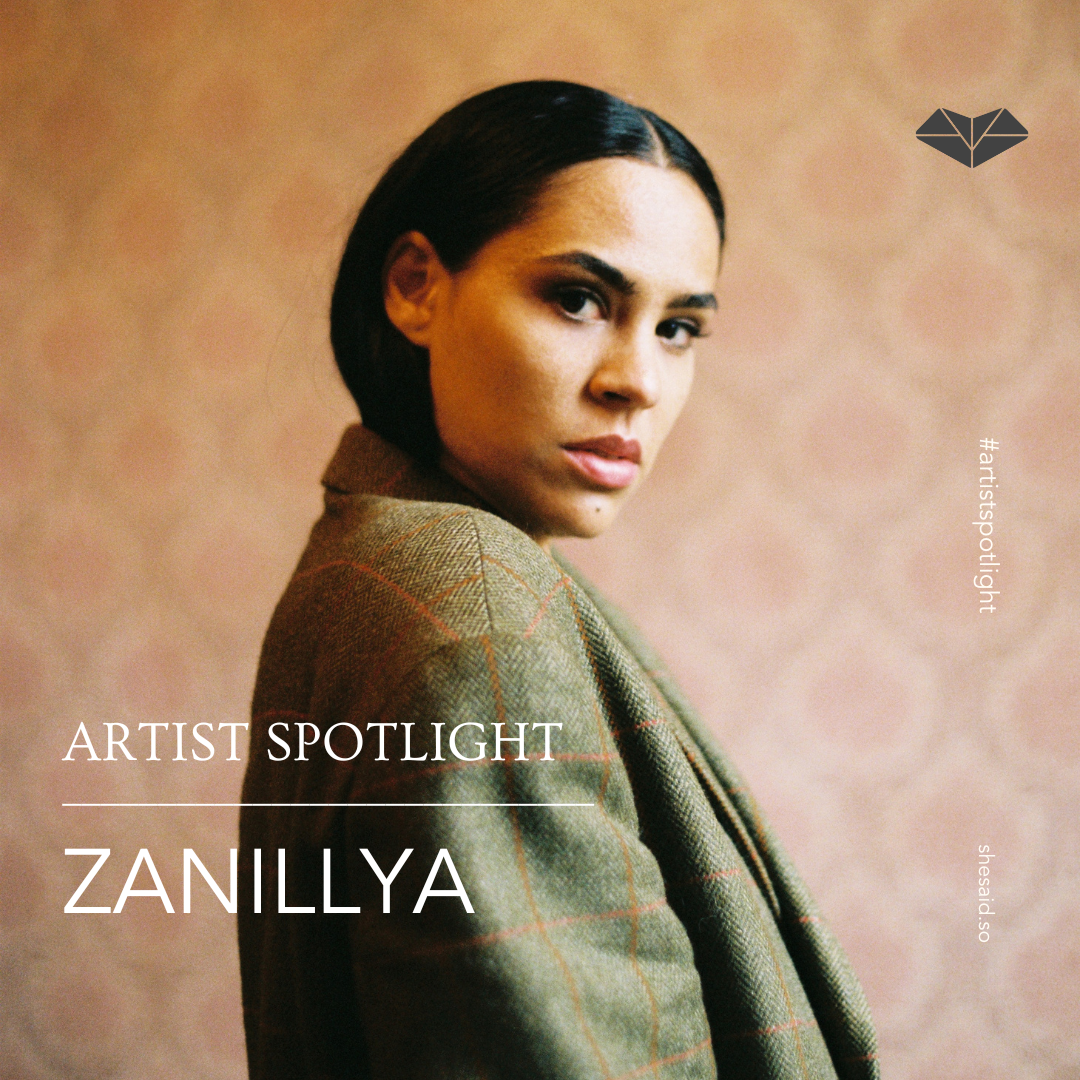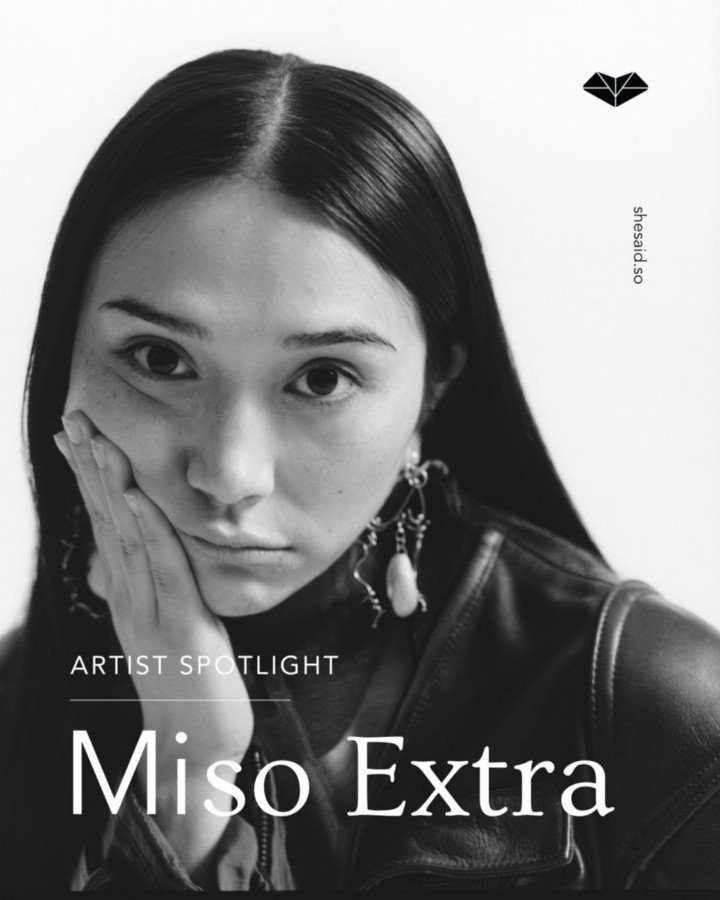Nigerian artist Salle has amassed a growing fan base with her debut track "Icon," which gained viral attention on TikTok and Spotify. Following the success of the song, Salle released her second single, 'Countdown.'
Produced by Monro and mixed by JAE5, 'Countdown' serves as a preview of Salle's upcoming debut EP. The song is a reflective exploration of impermanence and the significance of embracing the present. Salle's vocals dazzle on this track, cementing her status as an emerging talent worth keeping an eye on.
How did your viral street performance in Lagos influence your decision to pursue music professionally?
It made me grow passionate about music as I’ve neglected and never believed in my talent, after the video went viral I Dre so much strength from everyone who supported me and believed in me.
What 1 valuable lesson have you learned as an emerging artist?
One valuable lesson I’ve learned as an artist is not to acknowledge any kind of pressure whatsoever. It’s me versus me and I’m doing my best to be the best version of myself.
What is your top advice for new music artists
Be yourself, acknowledge every feeling and every experience you may meet positive or negative and in all improve your craft it’s the only thing that makes us artists.
If you could collaborate with any artist, who would it be and why?
I’d love to collaborate with lots of amazing artist but since I have to pick one off my list it’ll be “Rema” because of his mysterious tune that I enjoy.
Can you share a favorite moment from your journey in the music industry so far?
A favorite moment from my journey in the music industry so far will be the when I put out “ICON” it was the most liberating and remarkable so far.
What are your goals for the future as you continue to pursue your music career?
My goal for the future is to keep improving in my sound and in all aspect of my life.
3 things I can’t live without in my bag
Sunglasses, perfume and cash.






